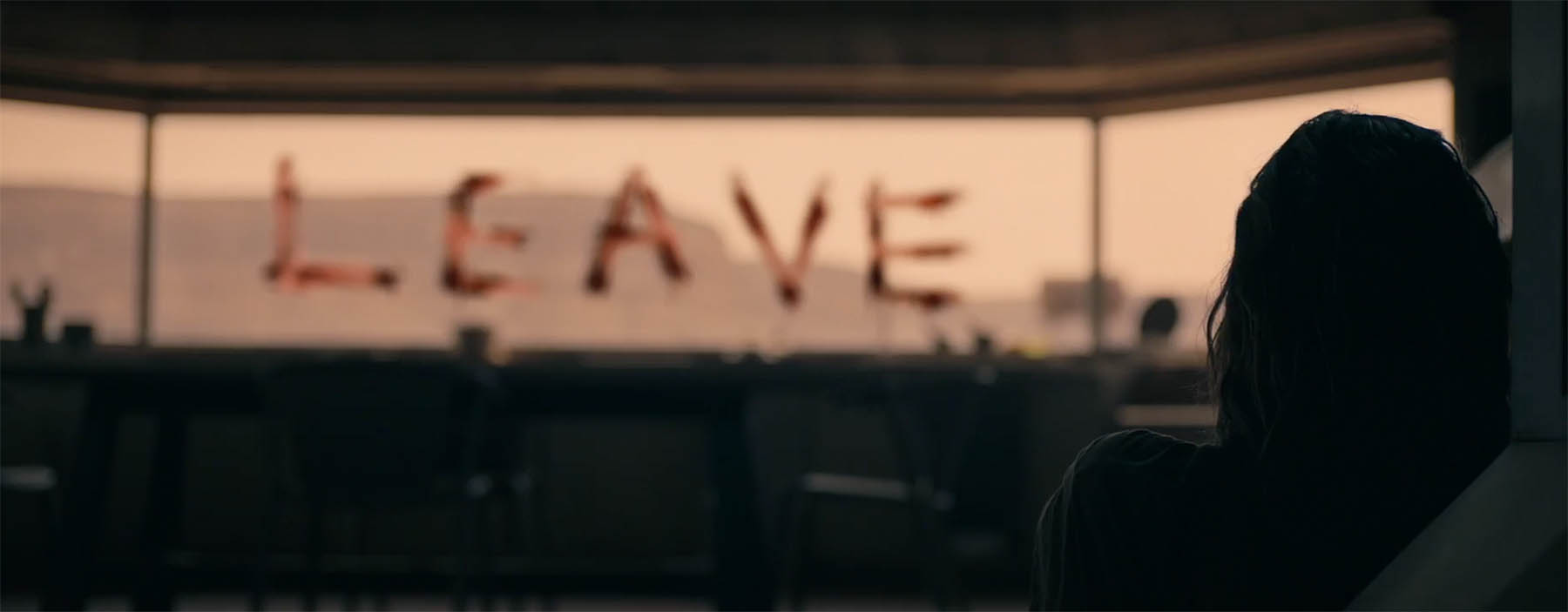The Lure
by Hope Madden
Who’s up for Polish vampire mermaids?
You do not have to ask me twice!
Gold (Michalina Olszanska) and Silver (Marta Mazurek) are not your typical movie mermaids, and director Agnieszka Smoczynska’s feature debut The Lure is not your typical – well, anything.
The musical fable offers a vivid mix of fairy tale, socio-political commentary, whimsy and throat tearing. But it’s not as bizarre a combination as you might think.
The Little Mermaid is actually a heartbreaking story. Not Disney’s crustacean song-stravaganza, but Hans Christian Andersen’s bleak meditation on the catastrophic consequences of sacrificing who you are for someone undeserving. It’s a cautionary tale for young girls, really, and Lure writer Robert Bolesto remains true to that theme.
The biggest differences between Bolesto’s story and Andersen’s: 80s synth pop, striptease and teeth. At its heart, The Lure is a story about Poland – its self-determination and identity in the Eighties. That’s where Andersen’s work is so poignantly fitting.
Not that you’ll spend too much time in the history books. The context serves the purpose of grounding the wildly imaginative mix of seediness, hope and danger on display.
The film opens with a trio of musicians enjoying themselves on a Warsaw waterfront before hearing a siren song. Cut to screaming, and then to a deeply bizarre nightclub where a kind of Eastern European burlesque show welcomes its two newest performers – mermaids.
From there we explore a changing Warsaw from the perspective of a very fringe family. Mystical creatures play nice – and sometimes not-so-nice – among the city’s thrill seekers and the finned sisters need to decide whether they want to belong or whether they are who they are.
But that’s really too tidy a description for a film that wriggles in disorienting directions every few minutes. There are slyly feminist observations made about objectification, but that’s never the point. Expect other lurid side turns, fetishistic explorations, dissonant musical numbers and a host of other vaguely defined sea creatures to color the fable.
In fact, Olszanska’s film is strongest when it veers away from its fairy tale roots and indulges in its own weirdness.
Whatever its faults, The Lure will hook you immediately and change the way you think of mermaids.














